Is “Great Job” Enough?
Look for and acknowledge the specifics of what team members are doing well. Just saying “Great Job” rarely leaves people feeling fully acknowledged.
Insight: Sometimes acknowledgments don't have the impact that we intended. I recently observed an interaction between a Manager and one of his team members:
"Patricia, you're doing a great job on the project. And, I have a request. Could you change the overall project schedule to reflect the modifications you made to the sub-schedules?"
When I asked Patricia how she felt about the interaction, she said:
"You know, it's frustrating. Without me, this project would be falling on its face. And of course I knew to also put the change on the overall project schedule, I just forgot. I get nitpicked for the smallest details."
As a result, positive generalizations such as the following rarely show up strongly to the listener:
Thanks
Nice job
Keep up the good work
You’re doing great.
Key Action: Look for and acknowledge the specifics of what team members are doing well. Just saying "Great Job" rarely leaves people feeling fully acknowledged.
Frankly, it's human nature to look for what's wrong and to notice the specifics about what is not working. Our minds are biologically designed to notice the things that are out of place or that will get in the way of achieving our goals. It's actually quite a challenge to notice the fine details of what is working and comment on what is great.
The more specific you can be in your acknowledgment, the more power and credibility it has, and this helps the person be able to receive the acknowledgment. It also reinforces the specific behaviors that you want to reinforce. So, make a request when it's needed, but then follow up with specifics of what you appreciate and leave people feeling good about their accomplishments:
Manager: "Patricia, you've done a great job on the project. Before I get into specifics of everything that is working, I do have a request. Could you change the overall project schedule to reflect the modifications you made to the sub-schedules?"
Patricia: "Yes, of course, I just forgot."
Manager: "I'd like to really let you know how great of a job you are doing on this project. I really appreciated the quality of the writing in the report you wrote, the timeliness of the drafts you sent out for review, and the creativity of the recommendations. And your attention to detail on all the little things really puts me at ease. Thanks Patricia."
It takes a bit of patience to look for all the specific things that are working and to share them, but the results can be significant. Your teammates will be more motivated to fulfill your requests, and the mood, morale, and level of partnership will increase. Likewise, when people feel appreciated, it's easier for them to hear constructive feedback—it's heard as support—so collaboration, innovation, and productivity are also likely to increase.
Overall, it takes practice to notice the specifics of what someone is doing great, and then the time to share the specifics. Even if you already do this, if you do it just a little bit more, the result may surprise you.
